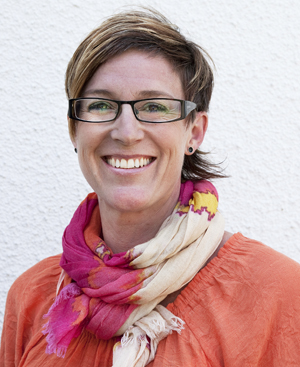Course: Media, Health and Society (MKVN09)
15 credits

What is health? What is illness? What can we learn from TV-shows like the Biggest looser or docudramas such as the ER? Why do some medical conditions gain a lot of media attention while others are hardly mentioned? In this course we explore how media represents health, risks and medical conditions, and the consequences thereof.
The media are strategic tools for health politicians, health professionals, and other opinion makers, including health consumers and various patient groups. What role do traditional mass media and new transnational digital media play in people’s comprehension of health, their own health decisions, as well as in social change processes? Media, Health and Society is a course set out to explore the relationship between media, health and medicine from a producer, content and audience perspective.
The course brings together Media and Communication Studies with Sociology of Health and Illness, and Public Health, which makes it useful for students from different backgrounds and disciplines. The course is structured around several themes that will be elaborated and critically analyzed, e.g. experiences of health and illness in different media formats and genres, body and gender, normality and disability, health consumption and lifestyle, public health campaigns, politics and health systems, the medical profession, health and media literacy.
The course includes lectures by the course leaders, lectures by specially invited guests, and student lead lectures and seminars. The course is discussion based and relies on every student’s active engagement in order for them to gain as much new knowledge as possible. The course syllabus will offer students some structure but also flexibility, and great opportunity for individual specialization theoretically, methodologically, and in relation to different health topics.


